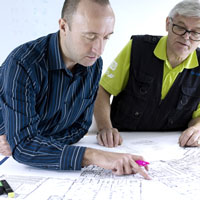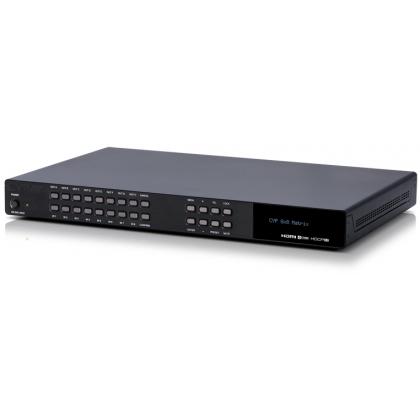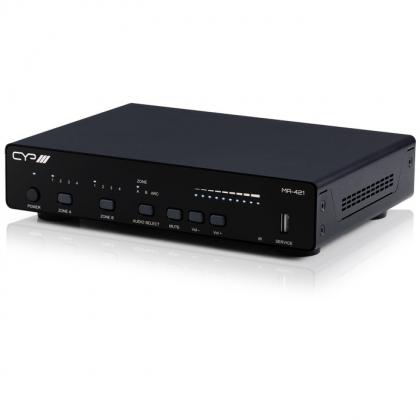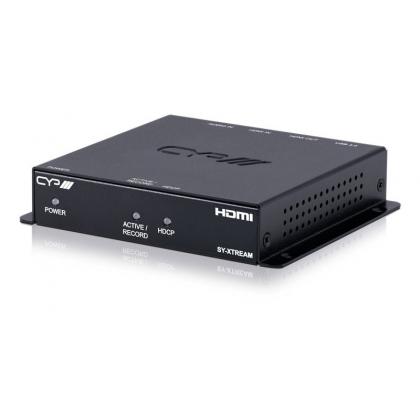Is photo HDR and TV HDR the same thing?
HowToAV.tv speaks to Atlona Training Director Ken Eagle about High Dynamic Range or 'HDR' technology. It is the latest improved display technology being applied to both photo and TV display, delivering brighter, more colour and more contrasting high performance images.
What is HDR? And what does it mean to have HDR ready television displays?
HDR other wise known as high dynamic range, is a common term used often without much explanation. You know it's something good to have on your TV, but not necessarily sure what it refers to.
What HDR does is it producesmore dynamic pictures out of those pixels. For example with TVs with HDR; the whites get brighter and the blacks get darker. The 10-bit panels are now able to display the billion colours you couldn't before see. It's HDR that describes quality.
Is Photo HDR and TV HDR the same thing?
We use the same name for two different things. Photo HDR and TV HDR are NOT the same.
TV HDR is exciting; it’s a different way of displaying video content with more luminance, more colour and contrast. It takes both the display and the content to make that happen. With Video HDR you have to have content that is encoded in HDR, filmed that way and you have to have metadata that does along – it’s layered on top of the HDR video then you also have to have a display that is HDR capable. HDR capable meaning: it has to have a peak brightness of a minimum of a thousand nits, it has to have enhanced contrast and a wide colour gamut. Then the display reads the metadata that comes along on that HDR video stream and that display then knows how to display each one of those pixels on that screen to make the HDR content.
Where as Photo HDR is a different process photo HDR is using two or more independent photos and merging them together and taking qualities out of each one to create one finished product. High-end cameras and smartphone apps use HDR by combining several photos taken during a single burst. Separate photos are taken all at different exposures, these are called stops.The lighting is doubled from one picture to the next. So while the first stop produces a dark image, the next result is really bright, this lends to better luminosity to the final photo.
In conclusion eventhough it shares the same name and has a few common points, clearly video and photo HDR are different. The final result of an image having more contrast between its lightest and darkest areas is the same. However instead of combining separate images like you do in photo HDR, this end result is produced using advanced camera technology to capture the footage in the first place for video HDR.
Is there a single standard for HDR?
There are a number of different standards out there and the issue is they are all independent and not compatible with each other. The end goal of these however are very much the same, the end goal being to deliver what the human vision is capable of seeing. HDR, HDR10, HLG and Dolby Vision to name a few.
Let the CIE AV Solutions design team help with your next system
 CIE's award-winning team of AV and systems integration experts provides a unique total project management service to the UK installer/integrator market.
CIE's award-winning team of AV and systems integration experts provides a unique total project management service to the UK installer/integrator market.
Our AV experts offer a wide range of added-value services above and beyond the expectations of many other distributors including; System Design, Product Specification, Wiring Diagrams, Rack Design & Build, System Configuration, Training and Onsite/Remote System Support.
Our customers can access any or all of these services - many of which are totally free-of-charge - on a project by project basis; benefitting from increased skill levels, specialists in new technologies & integration or simply to increase your resource for pre- and -post sales support.
 Got a question for the HowToAV team?..
Got a question for the HowToAV team?..
HowToAV.tv provides a whole host of tips, tricks and technology know-how for the professional and residential AV sectors.
Subscribe to our YouTube channel now at howtoav.tv for all the latest video casts or send us your questions to [email protected]












